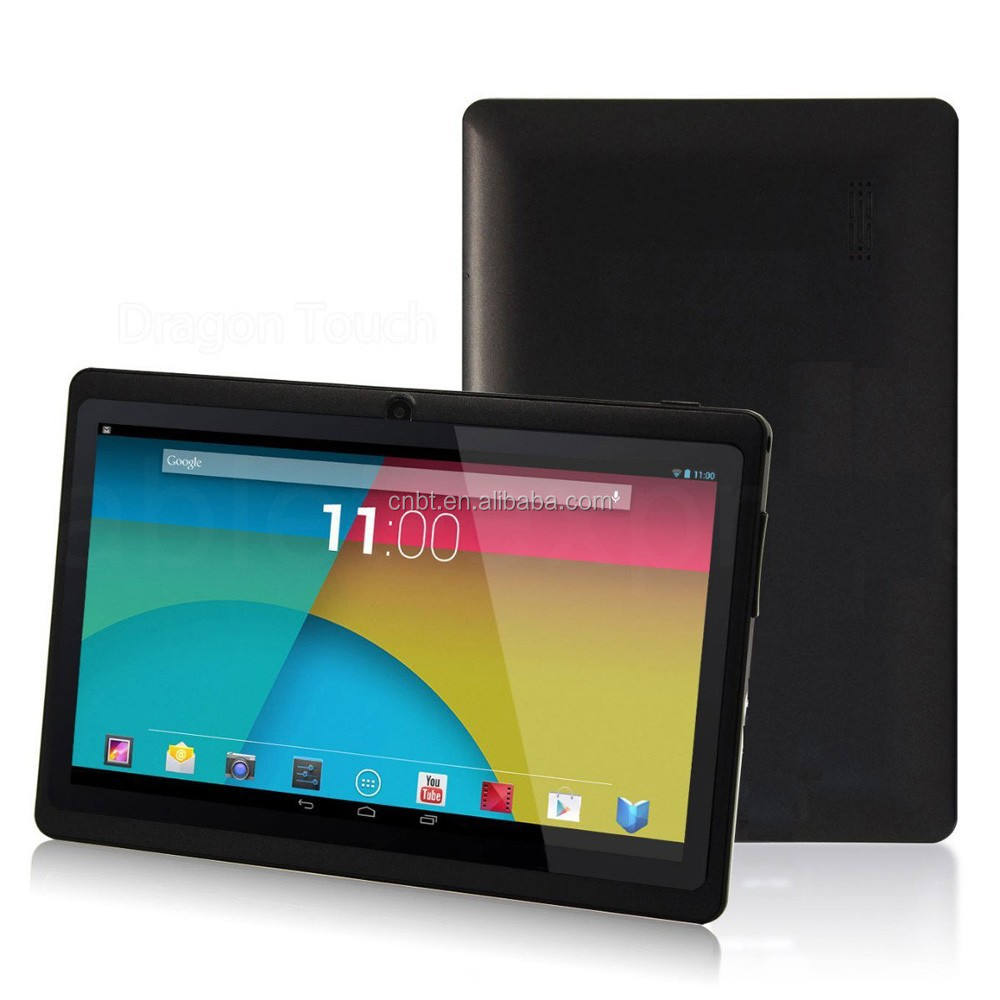

RAM configurations differ depending mostly on your motherboard. If you're working with photos and a bit of video thrown in, 8GB should get you through.Įditing apps will work on lower amounts of RAM, but you'll become so frustrated with the poor performance you'll soon start yearning for an upgrade. If you're editing a lot of HD video, go for 16GB or more. See a beginner's guide to Mixer streaming Video and photo editing Need a hand getting your stream set up? We have a guide for that!
#Showbox for windows 10 tablet 1gb ram Pc
Your PC has to deal with both running the game and streaming video to the internet at the same time. If you'd like to join the thousands who stream video of themselves playing games or other activities, go with at least 8GB of RAM but consider opting for 16GB or even 32GB depending on the game's requirements. The Vive only recommends 4GB, but, honestly, go with at least 8GB you have to take into account the games you'll be playing, many of which require a decent amount of RAM to run smoothly.

I'm referencing HTC Vive, Oculus Rift, and Windows Mixed Reality (WMR) here, all of which should have at least 8GB of RAM on the associated PC to run smoothly. VR is a relatively new medium, at least in its latest incarnation, and it requires a good chunk of RAM to run smoothly. Related: Best current RAM deals Virtual reality (VR) If your budget allows, why not push it up to 32GB?

If you're a gamer and want to ensure you have enough RAM for some current titles and future titles, go with at least 16GB. Popular esports titles like DOTA 2, CS:GO, and League of Legends will allow you to get away with 4GB, but other popular titles, like Fallout 4, Witcher 3, and DOOM, will need at least 8GB to run properly. I'm not talking about Solitaire - heavy PC gaming at acceptable performance levels requires a substantial amount of RAM. If you are performing all of these activities at once, however, you might experience a dip in performance.Ī lot of budget PCs come with 4GB of RAM as a base option, but if you plan on keeping your machine for several years, opting for 8GB of RAM is the safer bet, even if you only use it for light duties. If you use your Windows 10 computer for word processing, checking emails, browsing the internet, and playing Solitaire, you should have no problem using 4GB of RAM. If you already have a computer you love but want to shift gears into a different daily task that requires better performance, upgrading your RAM as part of the process is a great idea. If you're thinking of investing in a completely new machine in the near future, waiting things out might be the best bet. How much RAM you need in your PC depends heavily on what you use your PC for on a day-to-day basis and on how long you intend to keep the computer.


 0 kommentar(er)
0 kommentar(er)
